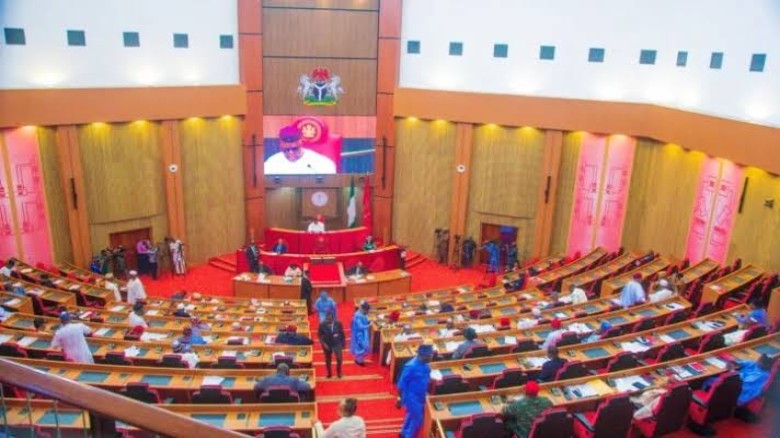Nigeria needs accurate data for successful energy transition — FG
The federal government has emphasized the importance of accurate, reliable, and timely energy data in effectively guiding and monitoring the country's energy transition process.This was revealed by Chief Uche Nnaji, Minister of Innovation, Science, and Technology, at the official launch of the computerized National Energy Information System in Abuja on Monday, according to Daily Trust.
The NEIS is intended to improve energy data collection, management, and dissemination, providing critical insights to help Nigeria's energy sector make decisions and formulate policies.
The minister also emphasized that the current push for energy transition necessitates a more comprehensive approach to revolutionize the process, with project designs, policies, and strategies guided by high-quality, reliable energy data.
"The NEIS was designed to achieve dematerialized data collection, reduce data entry errors and processing time, accelerate data dissemination, and improve data quality. This is an opportunity to introduce a novel approach to the collection, collation, harmonisation, validation, and dissemination of energy data.
"The ECN is aware of the need to improve energy data collection methods by establishing systems that meet the country's data requirements. Nnaji stated that all sectors of the economy are involved in improving the quality and coverage of energy data.
Meanwhile, Dr Mustapha Abdullahi, Director General of ECN, stated that the collected data would be an important input for the development, operation, and maintenance of NEIS.
He explained that the NEIS would be used by researchers, development partners, individuals, and organizations to plan, make informed decisions, and implement effective energy supply, usage, and cost management strategies.
"To further achieve this mandate, we must collaborate with other relevant governmental and non-governmental organizations that generate, collect, analyze, disseminate, and apply energy data. This will usher in a computerized infrastructure, which will, among other things, dematerialize data collection, reduce data entry errors, and shorten processing times.
"It will also improve the speed of disseminating statistics, eliminate data loss and improve data quality and energy planning," Abdullahi told Reuters.
In his remarks, ECOWAS Commissioner of Infrastructure, Energy, and Digitalisation, Sédiko Douka, stated that the computerized system includes a comprehensive energy database with relevant indicators, all calculated in accordance with international standards.
He stated that ECOWAS is committed to improving and harmonizing information, communication, and publicly available real-world data and indicators in the energy sector.
He expressed confidence that Nigeria would take the necessary steps to ensure the viability of this critical tool.
"This is why we have provided the provider with a dashboard that allows it to visualize and analyze all of the data. All of these indicators will become more accessible as data providers have more ways to communicate with them," he stated.
























Leave A Comment